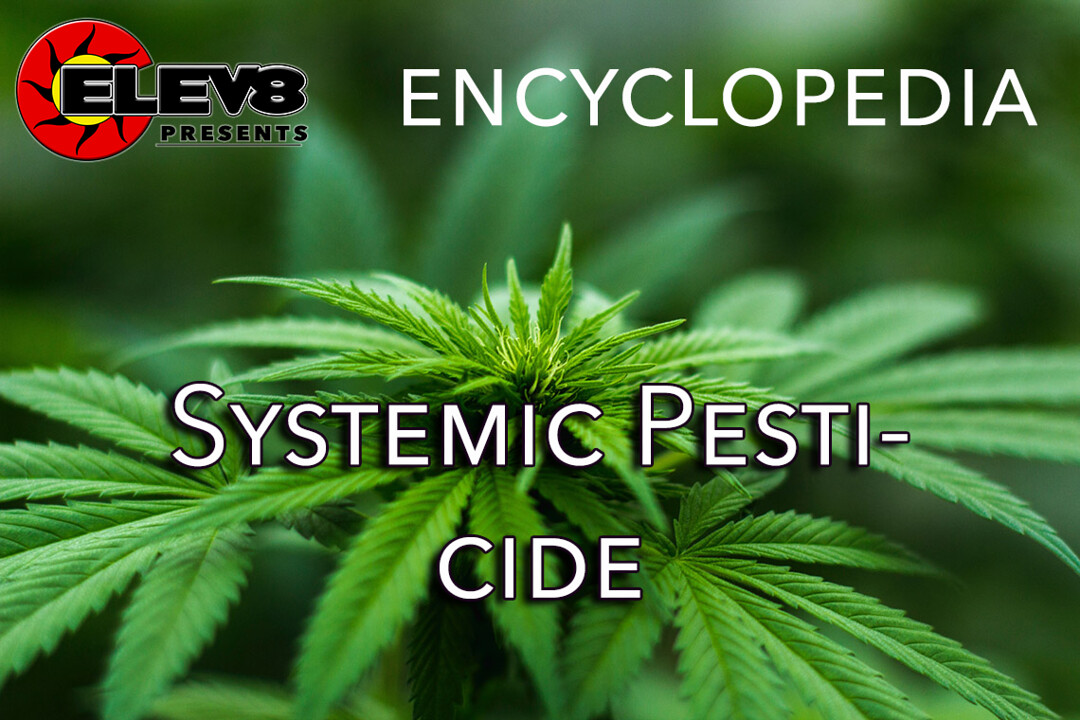What does Systemic Pesticide mean?
A systemic pesticide is a form of pesticide that is water soluble and absorbed by a plant when applied to its roots, seeds, or leaves. Once the pesticide is absorbed by the target plant, the chemicals in the pesticide will circulate through a plant’s system. This results in the plant killing any insect or pest that feeds on it.
More on Systemic Pesticide
When a systemic pesticide is administered to a plant, the chemicals in the pesticide are transported through a plant’s vascular system, which is similar to the human circulatory system. This allows the pesticide to be distributed to many different parts of the plant, and can often reach pests that would otherwise be harder to kill.
However, systemic pesticides, as with all pesticides, come with pros and cons. Some of the major downsides of using systemic pesticides stem from them being highly water soluble. They can be more easily washed into a nearby stream, or seep into ground water.
There is also a concern for plants that are cultivated for food, as systemic pesticide residues cannot be washed off, as they are part of a plant’s tissue. On the other hand, it is this permeation of the plant tissue that makes the pesticide so effective.
For example, some harmful insects may be protected from conventional insecticides that are sprayed on the leaves and stems of a plant. However, with systemic pesticides, once the insects consume part of the plant, they actually ingest the pesticide.
Additionally, systemic pesticides can be helpful when applied to the soil as beneficial insects, pets, and people are less likely to encounter the pesticide as a residue.







